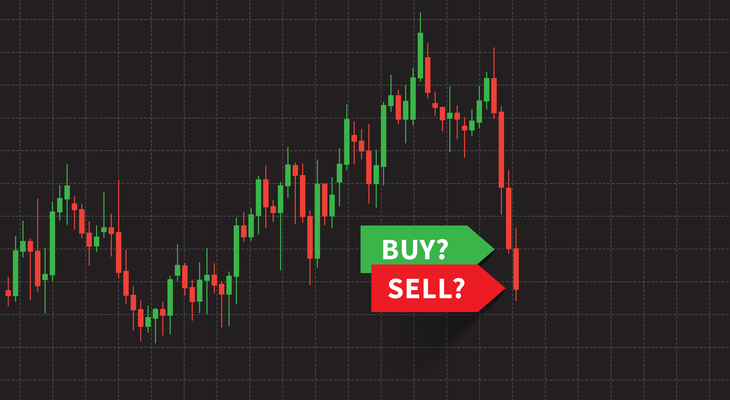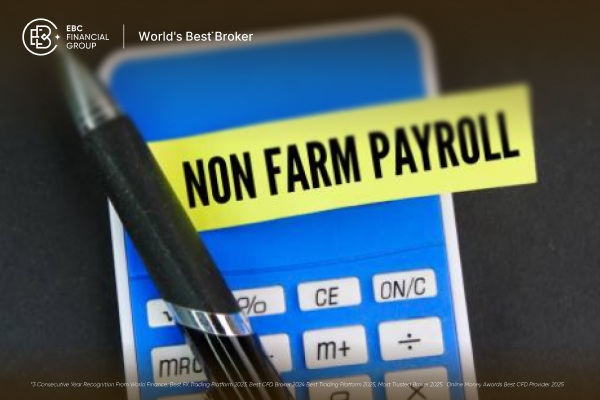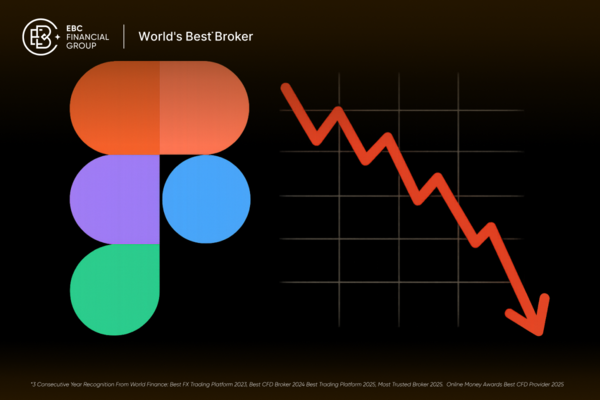Periods of market decline can be unsettling, prompting investors to question whether they should buy the dip or simply hold their existing investments. Both approaches have their merits, but choosing the right strategy depends on your financial goals, risk tolerance, and investment horizon.
This article explores the advantages and pitfalls of buying dips versus holding, offering practical guidance for navigating volatile markets.
What Does It Mean to "Buy the Dip"?

"Buying the dip’" refers to purchasing shares or other assets after their prices have declined, with the hope of profiting when the market recovers. The underlying idea is simple: buy low, sell high.
When executed well, this strategy can lower your average purchase price and boost long-term returns, especially if you're investing in fundamentally strong assets.
However, timing the market perfectly is notoriously difficult — even for professionals — and not every dip signals a good buying opportunity.
The Case for Buying the Dip
Potential for Enhanced Returns
Buying during market downturns can allow you to acquire quality assets at a discount. If the market rebounds, your new investments may appreciate faster than those bought at previous highs. Historical data shows that investors who added to their positions during significant corrections often enjoyed higher long-term returns.
Dollar-Cost Averaging
One way to manage risk when buying dips is through dollar-cost averaging. This involves investing a fixed amount at regular intervals, regardless of market conditions. By doing so, you buy more shares when prices are low and fewer when prices are high, smoothing out the impact of volatility over time.
Taking Advantage of Market Overreactions
Markets sometimes overreact to short-term news or events, causing prices to fall more than fundamentals warrant. Savvy investors who can distinguish between temporary setbacks and genuine problems may find attractive opportunities during such periods.
The Risks of Buying the Dip
Catching a Falling Knife
Not every dip is a buying opportunity. Sometimes, price declines are the result of deeper issues, such as deteriorating company fundamentals or broader economic challenges. Buying too soon can lead to further losses if the market continues to fall—a phenomenon known as “catching a falling knife”.
Difficulty in Timing the Bottom
Predicting the exact bottom of a market correction or bear market is nearly impossible. Even experienced investors can misjudge when a downturn will end, potentially leading to premature purchases and extended periods of negative returns.
Emotional Decision-Making
Market downturns often trigger fear and uncertainty, making it tempting to follow the herd. Acting on emotion rather than analysis can result in buying at the wrong time or selling too soon, undermining your long-term strategy.
The Case for Holding
Riding Out Volatility
Long-term investors often benefit from holding their positions through market downturns. History shows that markets tend to recover over time, and those who stay invested are typically rewarded with growth in the long run. By holding, you avoid the risks associated with mistimed trades and reduce the likelihood of locking in losses.
Compounding Returns
Staying invested allows you to benefit from compounding returns, as dividends and capital gains accumulate over time. Interrupting this process by selling or attempting to time the market can erode your long-term gains.
Simplicity and Peace of Mind
A buy-and-hold approach is straightforward and less stressful than trying to anticipate every market move. It also minimises trading costs and the risk of making poor decisions under pressure.
When to Buy the Dip and When to Hold
Assess Your Financial Stability
Before considering buying the dip, ensure you have a solid financial foundation. Maintain an emergency fund covering three to six months of expenses and avoid investing money you may need in the short term.
Evaluate the Reason for the Decline
Ask yourself why the asset's price has fallen. Is it due to temporary market sentiment, or are there fundamental issues with the company or sector? Only consider buying if you believe the long-term outlook remains strong.
Focus on Quality
Prioritise assets with strong fundamentals — such as healthy balance sheets, consistent earnings, and competitive advantages. Avoid buying dips in companies facing structural challenges or declining industries.
Diversify Your Investments
Don't concentrate your efforts on a single asset or sector. Diversification can help manage risk and improve your chances of long-term success, whether you're buying dips or holding through volatility.
Best Practices for Both Strategies
Stay Disciplined: Set clear investment goals and stick to your plan, regardless of short-term market fluctuations.
Avoid Emotional Trading: Base decisions on research and analysis, not fear or hype.
Monitor Your Portfolio: Regularly review your holdings and rebalance as needed to maintain your desired risk profile.
Consult a Professional: If you're unsure, seek advice from a qualified financial adviser who can tailor recommendations to your needs.
Conclusion
There is no one-size-fits-all answer to whether you should buy dips or hold. Both strategies can be effective when guided by careful research, patience, and a long-term perspective.
By understanding the risks and rewards of each approach, you can make informed decisions that align with your financial goals and risk tolerance — no matter how turbulent the market becomes.
Disclaimer: This material is for general information purposes only and is not intended as (and should not be considered to be) financial, investment or other advice on which reliance should be placed. No opinion given in the material constitutes a recommendation by EBC or the author that any particular investment, security, transaction or investment strategy is suitable for any specific person.
















